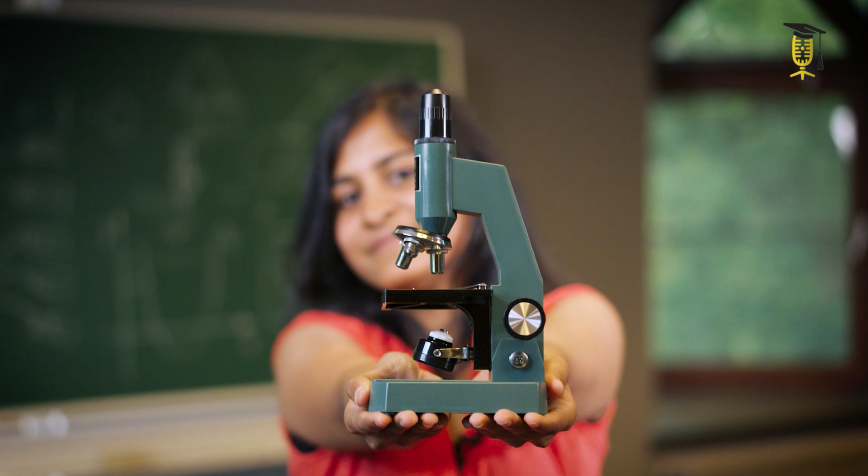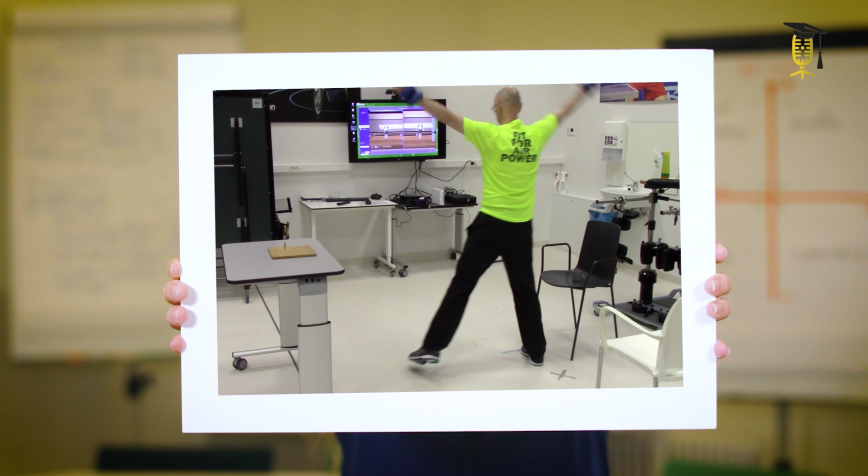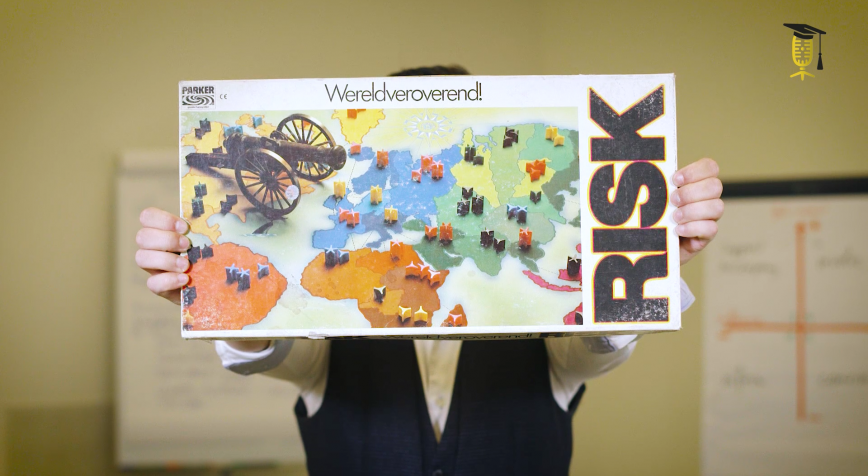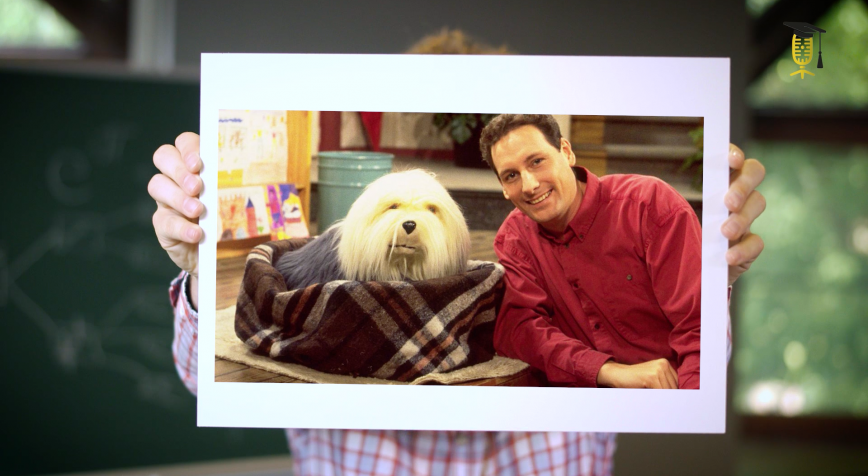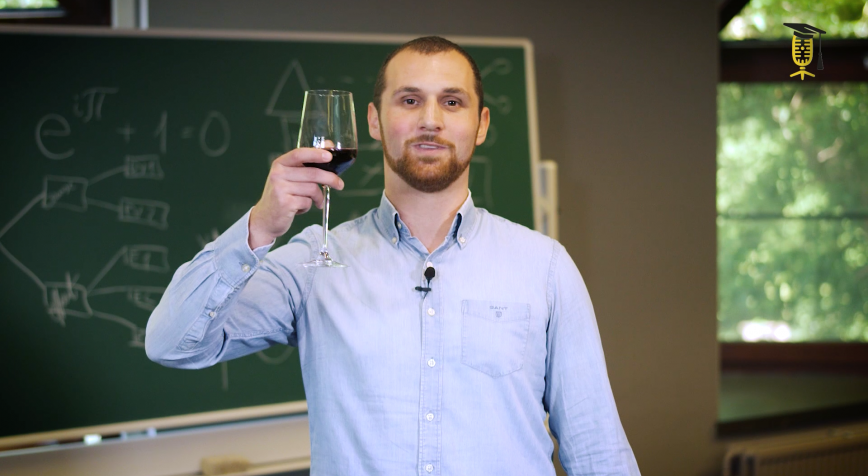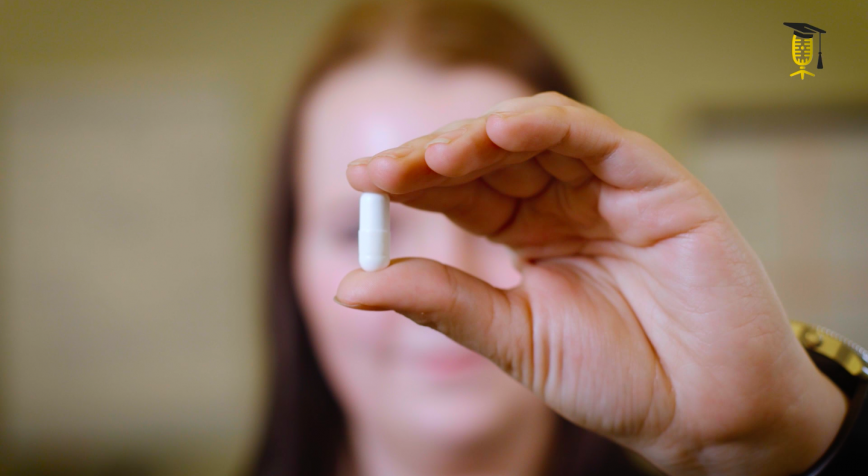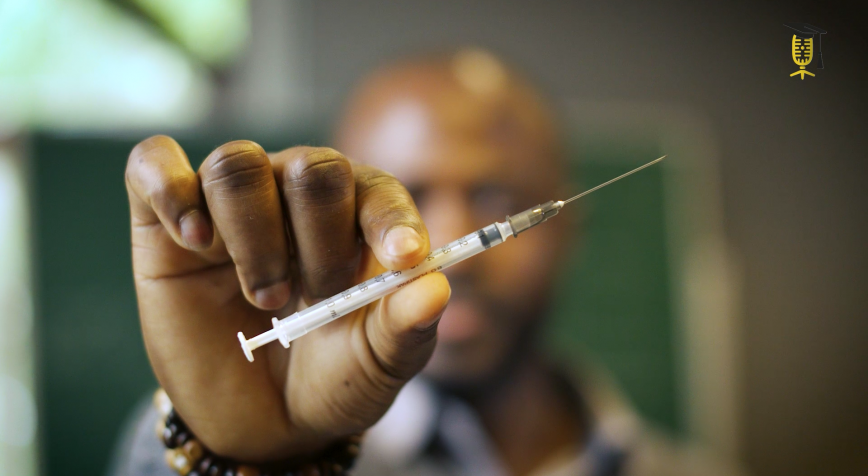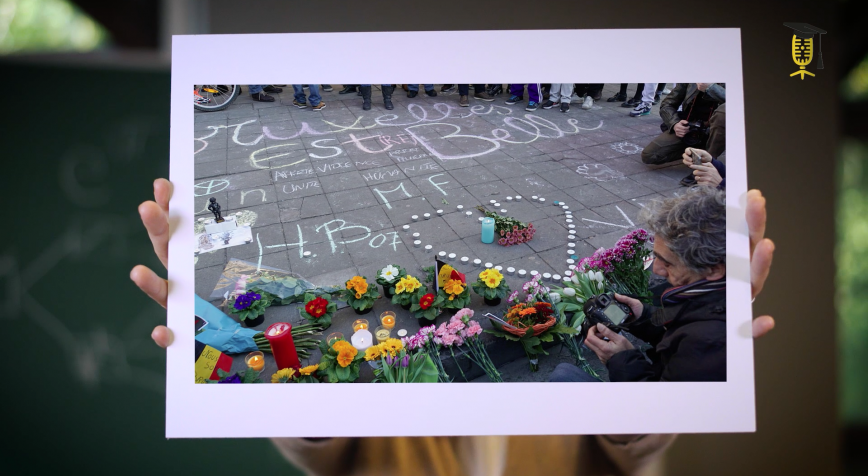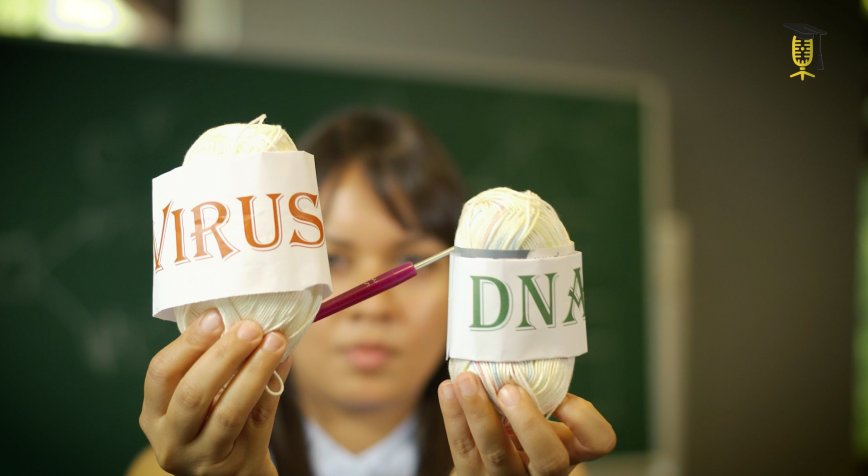
KU Leuven
Killing viruses by looking away from it
While medicine has come a long way to help HIV-patients, current drugs can't rid these patients of their HIV-infection. The drugs do not cure the infection, but suppress the virus to such an extent that no symptoms of the disease occur. Subha Lakshmi Sharma wants to contribute to finding a complete cure for the virus. Something she hopes to achieve by not looking at the virus itself, but by looking away from it.
